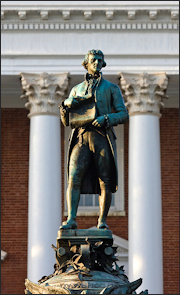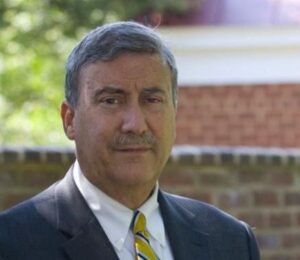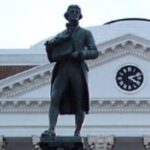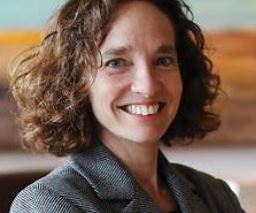Eleven days ago the Editorial Board of the Cavalier Daily, the University of Virginia student newspaper, opined that it could not condone the “platforming” of former Vice President Mike Pence by allowing him to speak on the university grounds.
The blowback has been gratifying to see.
While some students have expressed support for suppressing ideas deemed hateful and hurtful, others have denounced the editorial. Crucially, UVa President Jim Ryan and Provost Ian Baucom weighed in in favor of free speech, stating in a CD piece that “all views, beliefs, and perspectives deserve to be articulated and heard, free from interference.”
Let us praise the Ryan administration when plaudits are due. But let us also recognize that at UVa “free speech” is a sub-set of a larger issue: an ever-narrowing range of permissible viewpoints. Threats to free speech spring from intellectual monocultures, which is exactly what UVa is becoming. A defense of free speech would not be necessary in a university that fostered more intellectual diversity. Continue reading


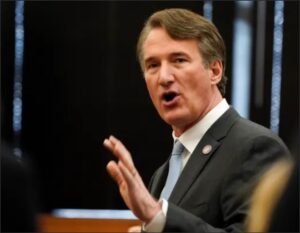
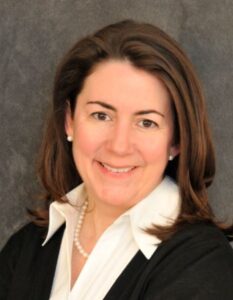 by Mary Kate Cary
by Mary Kate Cary